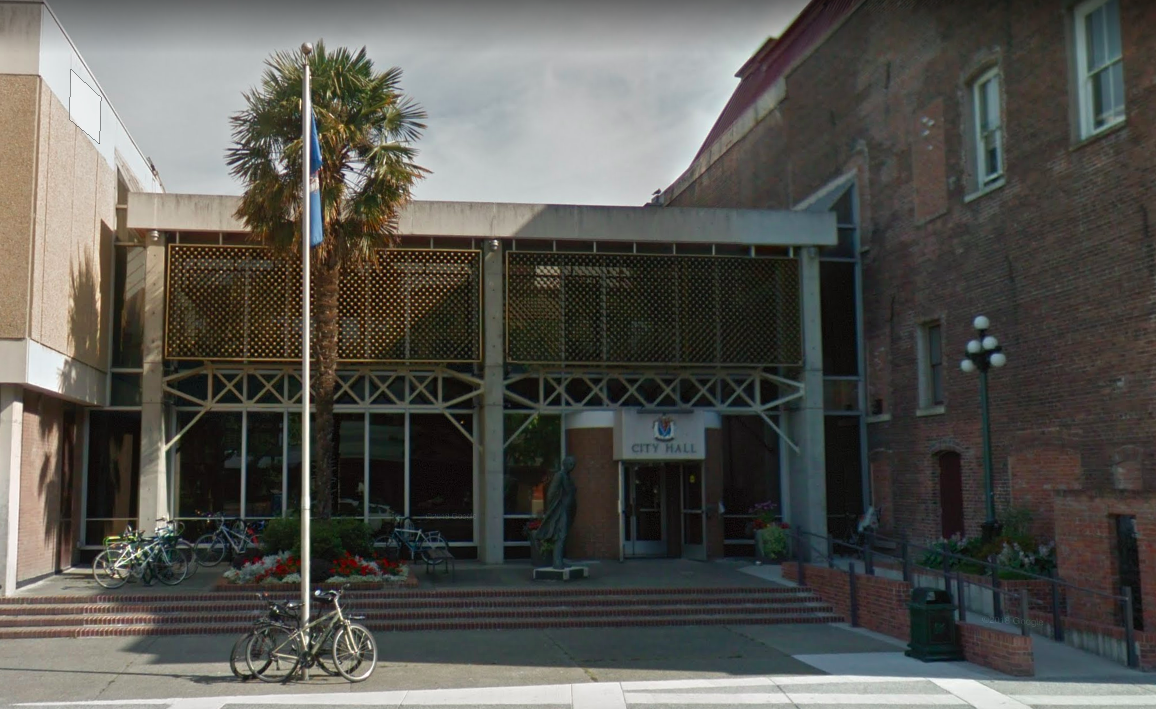
Despite deferring the creation of an equity, diversity, and inclusion (EDI) office due to financial difficulties related to COVID-19, Victoria City Council has approved hiring for two EDI-related positions. Councillors are divided over whether this strikes the correct balance between equity issues and fiscal responsibility.
At the Aug. 6 Committee of the Whole Meeting, Victoria City Council voted to defer several dozen initiatives and capital projects until 2021 due to the financial impacts of COVID-19. $20 million worth of capital projects were already deferred in April, at the outset of the pandemic.
Among the projects up for deferral was the creation of five positions for an equity, diversity, and inclusion (EDI) office. Council voted to move forward with hiring two positions for the office: an equity, diversity, and inclusion officer specializing in social planning and an accessibility coordinator. Decisions on the other three positions have been deferred to budget discussions in October.
The EDI office was intended to advise the council on what actions it can take to improve equity, diversity, and inclusion within the City Council and the wider Victoria community. Along with the social planning and accessibility positions, there are also proposed positions for a community liaison, a strategist, and a coordinator.
The EDI office is a part of the City of Victoria’s Equity Framework, which was launched in 2019. The framework focuses on civic engagement, neighbourhood planning, hiring, and procurement. It will include marginalized voices in decision-making processes, and has been framed as a first-step to righting historical wrongs and addressing systemic inequalities.
Councillor Sharmarke Dubow, who is the office’s key proponent on council, explained in the All-Committee Meeting that the point of the office is to help the city build relationships with its most vulnerable citizens in a way that makes them feel heard and taken care of. For example, he suggested that the EDI office would bring in the expertise necessary to train bylaw officers to engage with members of Victoria’s unhoused community in a non-threatening way.
While Dubow welcomes the two positions that were approved, he voiced his disappointment on Twitter that council is going ahead on other projects while deferring the full launch of the EDI office.
“I’m really not getting it when the city beautification initiatives are prioritized while equity and social justice initiatives like establishing a fully funded equity office are secondary,” Dubow posted to Twitter. “It really highlights the mismatch between public policy and council’s espoused values.”
Other projects that council opted not to defer include a skateboard and bike skills park at Topaz Park and a public washroom at the south end of Douglas Street,
Dubow explained to the council that the funding an EDI office is an investment in a better future for the citizens of Victoria and as a way to mitigate social issues such as homelessness.
“It’s really important that the city considers who is most impacted,” said Dubow. “Invest in people and [help] the council and the staff [build] the capacity to make actually better decisions.”
Councillors Marianne Alto, Ben Isitt, and Jeremy Loveday took a middle-ground approach, saying that funding these two positions sets the council on the path towards a fully funded EDI office while staying within its fiscal means. Meanwhile, Councillor Geoff Young opposed the motion and said that the council isn’t doing enough to cut back on spending and protect local businesses. Young recommended a hiring freeze on some city departments.
“Downtown businesses are suffering badly, retail and hospitality are suffering badly, all you have to do is talk to people,” said Young. “That’s half our tax base and we are acting as if nothing is happening.”
Dubow says that, despite budget constraints, now is the perfect time to implement the EDI office as the COVID-19 pandemic has exacerbated.
“Over the past few months, the COVID-19 pandemic has exacerbated economic, social, and health inequalities for Black, Indigenous, and racialized communities,” Dubow tweeted. “This moment calls for us to seriously consider what kind of recovery we want from this pandemic? How is equity prioritized? How do we know we serve? How to reimagine communities?”
Staff will now begin searching for prospective candidates to fill the new positions, which will take roughly four to six months. Discussion on the other EDI positions will wait for October.
The discussion about the Equity Office was part of a larger presentation on the City’s budget. These budgetary decisions were made, in part, to avoid a deficit. The city had anticipated a $12.5 million to $17.5 million deficit due to pandemic related costs and loss of revenue, most significantly parking fees, and has delayed several dozen capital projects to avoid a deficit. These projects will now be moved to 2021 budget discussions.







